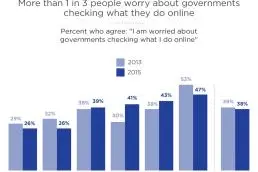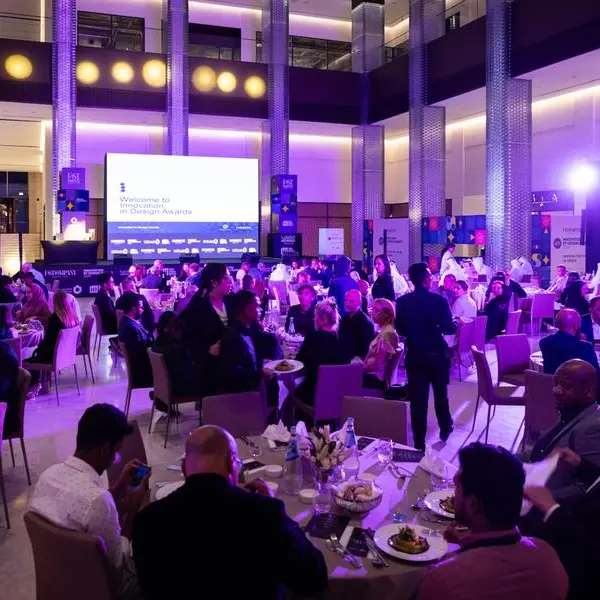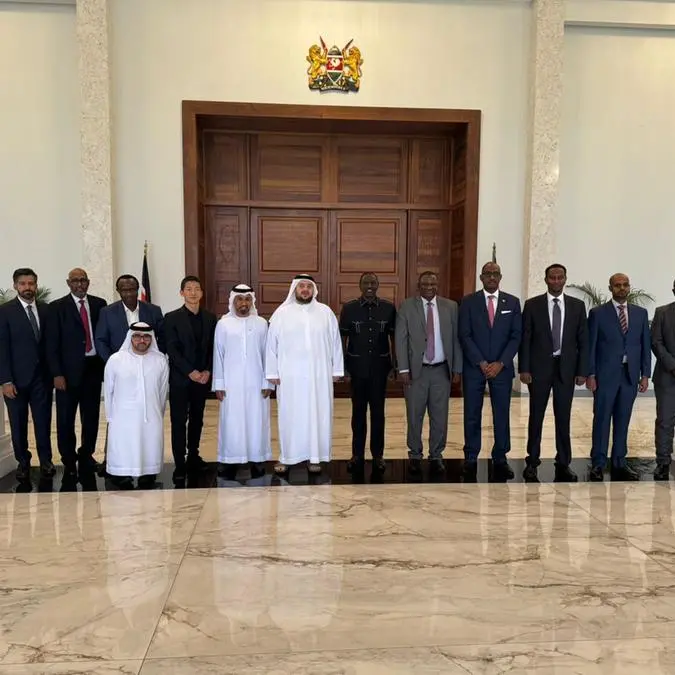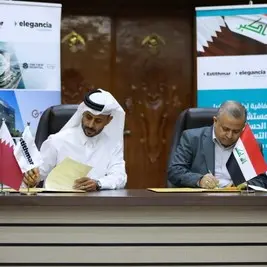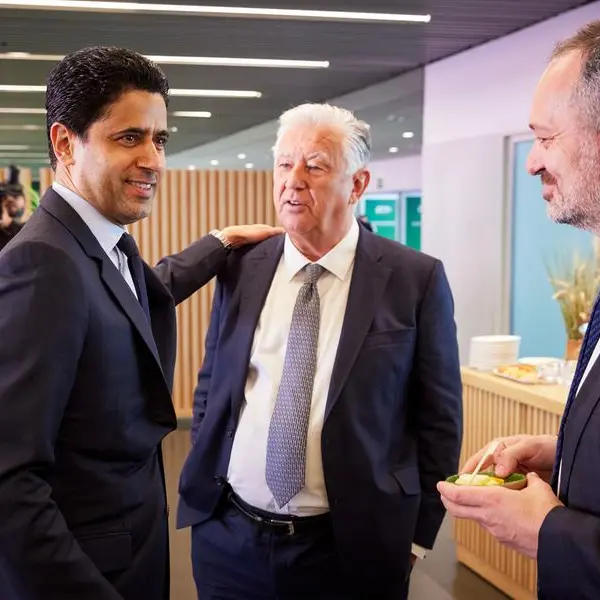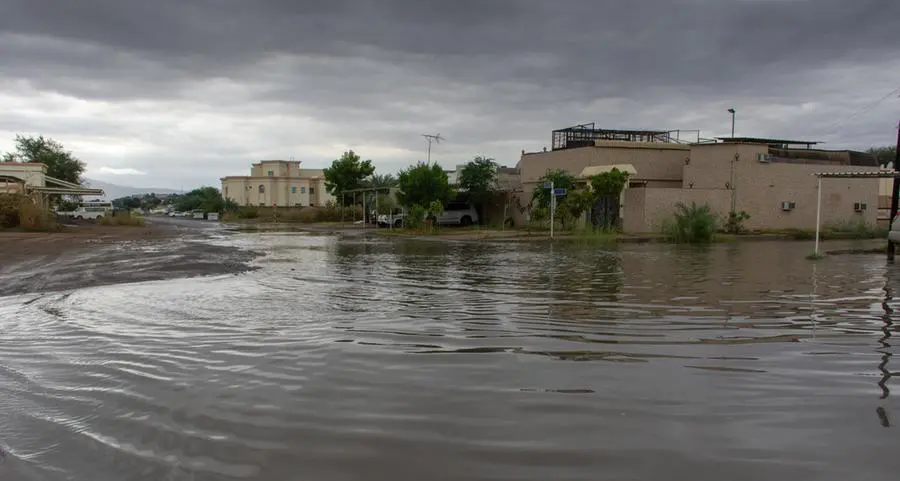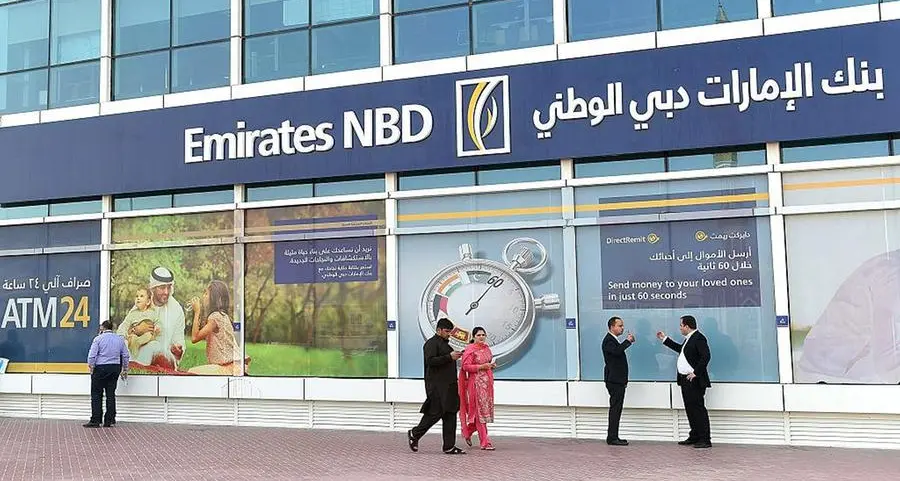PHOTO
- Study reveals changing views on political speech, social media use, news credibility; places attitudes and behaviors of Arab countries in global context
- Comfort expressing political opinions drops, especially in post-revolutionary countries Egypt (10 percentage point drop since 2013) and Tunisia (11 percentage point drop in same period).
- Trust in national media rose from 44% to 50% since 2013, but fewer see improvement in quality of news reporting in the Arab world (a decline from 60% to 55% who say quality has improved).
- Cultural conservatives far more likely to say their country is headed in the right direction than progressives (57% vs. 35%); cultural progressives far more likely than conservatives to say their country is on the wrong track (54% vs. 33%).
- The belief that people should be able to criticize governments online declined from 49% to 44%; Arab nations are the lowest of all nations cited in a worldwide poll, besides China.
- Facebook and Twitter users each decline by 5 percentage points since 2013.
- WhatsApp users outnumber all other social media platforms in four of six countries surveyed.
- Instagram users more than quadruple in two years.
Doha, Qatar 15 April 2015
Northwestern University in Qatar (NU-Q) has released the latest edition of Media Use in the Middle East, a comprehensive survey that provides a window on the changing political and social climate in six countries: Egypt, Lebanon, Qatar, Saudi Arabia, Tunisia, and UAE.
For the first time, this years report explores how attitudes and behaviors have changed since NU-Q's first region-wide survey in 2013. The report, including an interactive tool that allows custom exploration of the data, is available at mideastmedia.org.
Everette E. Dennis, dean and CEO of NU-Q, said, this study is a systematic means of understanding the region, beyond news headlines and subjective commentary. The knowledge of how people use mediaand what they think about themoffers insights about the social and political climate, as well as vital societal issues like freedom of expression.
The survey, the largest annual study of its kind in the region, was conducted in collaboration with Harris Poll. Fieldwork took place between February 3 and March 9, 2015, and involved 6,093 interviews constituting nationally representative samples of adults aged 18 or over in each country. NU-Qs 2014 study focused on entertainment media and cultural attitudes.
The report explores how diverse countries in a volatile region are turning toward national media, content shared via social media networks, and Arabic language, and distancing from pan-Arab news and English language content:
Saudis are twice as likely to say international news is biased against their country vs. toward it (38% see bias against, 17% toward), with similar views in Lebanon (48% see bias against, 26% toward); in the Gulf nations of Qatar and UAE, more say their countries are recipients of favorable bias than negative bias (in Qatar, 19% see bias against vs. 7% toward, UAE 48% vs. 3%, respectively).
Perceived credibility of national news media rose 5 percentage points since 2013 (39% to 44%), and the belief that media in their country can operate independently without interference from officials rose 7 percentage points (35% to 42%). At the same time, 6 percentage points fewer saw improvements in the quality of reporting in the Arab world (56% to 50%).
Use of media in English has decreased among all age groups, especially on the internet; fewer people (by 8 percentage points) say they use English to access the internet (41% to 33%).
Findings may reflect a general desire for stability among people in the region who have seen the Arab uprisings go increasingly sour, alongside resilient, connected, and politically empowered online cohorts:
Egypt, the most politically tumultuous of the countries surveyed, is the only country in which there was an increase in support for tighter internet regulation among the total population (42% to 49%)
People dont necessarily think the democratizing effect of the internet is a good thing: nationals who think online activity can increase political influence are 12 percentage points more likely to want tighter regulation of the internet (62% vs. 50%).
Those who consider the internet a source of political empowerment may still be exercising that power, as they are more active on social media (13 percentage points more likely to post on social media daily: 71% vs. 58%) and are 18 percentage points more likely to share news content on social media than those who dont (68% vs. 50%).
The report contains a wide range of new information about social media use in the region, including the finding that WhatsApp is not only one of the most used social media platforms in the region, it has been adopted in equal numbers across all age groups.
More information and interactive insights are available on the surveys official website: http://www.mideastmedia.org/
-Ends-
About Northwestern University in Qatar
Northwestern University in Qatar draws from its parent organization, Northwestern University (Evanston, Illinois), a distinguished history, famous programs and an exceptional faculty. Founded in partnership with Qatar Foundation, NU-Q provides a framework through which students explore the world and, ultimately, shape its future through its distinguished schools of communication, journalism, and liberal arts.
DOHA MEDIA CONTACT
Robb Wood
+974 4454 5004
rwood@northwestern.edu
Press Release 2015
